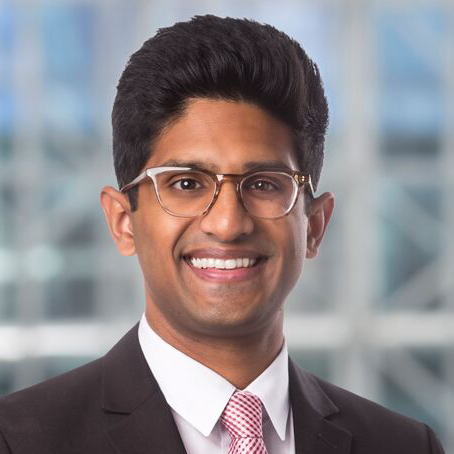

We are now about a year into the Biden Administration. While satellite issues are not typically partisan, the industry is regulated and subject to decisions made on licensing, spectrum access and sharing, and the sustainability of space. The FCC did not have a Chair named until near the end of 2021 and the 5th position remains unfilled pending confirmation. The Administrator of NTIA also awaits confirmation and the head of the Office of Space Commerce has not been named. What impact will those positions have on the satellite industry? Congress has passed legislation providing funding for broadband, but will satellite systems be able to participate? Will the FCC adopt indemnification and bond requirements for new satellite systems as part of its Orbital Debris rulemaking proceeding? Also, how will the proposed rules changing how non-GEO communication satellites impact new entrants into that sector of the industry? The Satellite Industry Association represents the industry and will address these questions and others that will impact our industry this year and well into the future.
 George John
George John
George John ensures regulations do not disrupt innovation and investment for established and emerging technologies particularly in the aerospace, telecommunications, sports, medical, and mobility industries.
Technologies empowering satellite connectivity, smartphone downloads, the monitoring of ball trajectory and speed or athlete biometrics at sporting events, real-time telehealth applications, and drone deliveries encounter U.S. and international regulation.
Operators of these and similar platforms regularly rely on George to navigate related legal, policy, and technical challenges. He advises clients on radiofrequency (RF) spectrum use, orbital debris mitigation, and remote sensing licensing while engaging the Federal Communications Commission (FCC), National Oceanic and Atmospheric Administration, national administrations outside the United States, and international standards bodies, including the International Telecommunication Union. Those interactions have helped him shape and streamline regulations on RF spectrum, the safety and sustainability of space, and Earth imagery; negotiate RF spectrum rights at international fora; and complete associated due diligence for venture-capital and private-equity investments.
Before joining Hogan Lovells, George served as in-house regulatory and transactional counsel for a pioneering nanosatellite company, where he secured satellite, earth station, and remote sensing licenses and negotiated satellite launch and insurance agreements. Other previous stops include the FCC’s International Bureau Satellite Division, where he tackled satellite and earth station licensing and rulemakings, and the Federal Aviation Administration’s Office of Chief Counsel, where he undertook commercial space launch, reentry, launch site operation, and other aviation regulation projects.
Outside of work, George actively mentors young lawyers and others interested in space, telecommunications, and technology.
 Randy Segal
Randy Segal
With 20 years of in-house general counsel experience, Randy Segal brings an individual perspective to every matter she handles, both as your outside counsel and as someone who has walked in your shoes. With a focus on satellite, wireless, drone, and technology transactions, Randy provides commercially practical solutions in industries where technological change is ever-present. Randy’s practice often involves multi-level chess games, where every move needs to be considered from a multitude of angles to be successful.
As a result, Randy’s practice is reflected in three segments. First, as co-leader of the Space and Satellite practice, Randy has handled many types of transactions, from day-to-day matters to the most complex international transactions for industry operators, investors, and technology providers. She has been involved in taking companies public, advising on acquisitions, divestitures, and complex cross-border joint ventures, as well as large satellite system development, deployments and funding.
Second, as an advisor to technology investors and their portfolio companies, Randy has advised on transactions focused on big data analytics, IT, wireless systems, spectrum licenses, environmental analytics, wireless proximity analysis, drone technology, terrestrial positioning, and other innovative technologies.
Third, Randy provides “strand of pearls” advice to global clients, working seamlessly with our international offices to develop familiar, comfortable and “right-sized” solutions. Randy’s extensive cross-border experience has resulted in an extensive tool-kit of resolutions for the most complex of legal regimes. Randy’s transactional and advisory experience is both deep and broad, working throughout North and South America, Europe, Asia and the Middle East and on the most complex of international programs and legal issues.